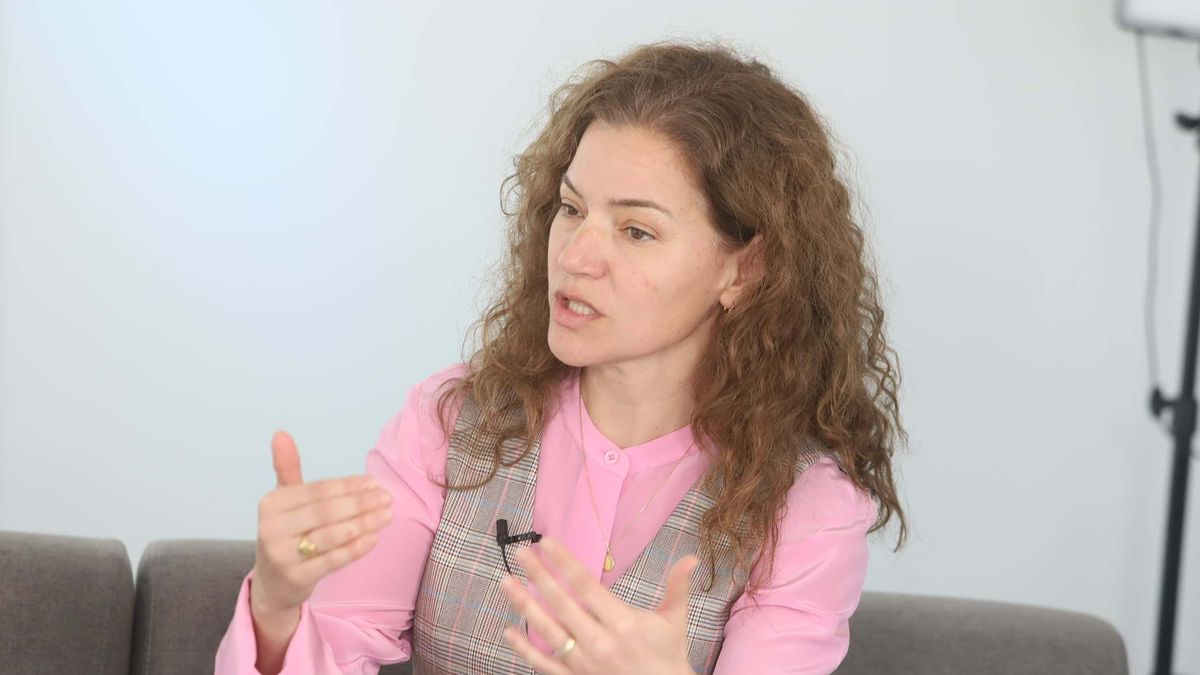Andrea Constantini, director of scientific relations for Latin America and Canada at Philip Morris International, He referred to the company’s process to reconvert when participating in the second panel on Innovation and Technology Scope of debate.
During the event, moderated by Ámbito’s political editor, Ariel Basile, Constantini admitted that the company’s goal is to change the tobacco market. “Our goal is to work towards a smoke-free future and for cigarettes to become a museum piece,” raised.
In this sense, he stressed that the way to achieve this is “through technology, innovation and the development of new products that deliver nicotine, but free of combustion, which is what generates exposure to toxic and carcinogenic substances”.
“Today’s Philip Morris is not the same as the one that existed 20 years ago. Innovation is a fundamental part of the transformation that the company is undergoing, to the point that today it is seeking to exit the market of the product that made the company,” explained the physician and director of scientific relations of the firm.
Andrea Constantini – Philip Morris.mp4
“Science is essential to evaluate alternatives”
With this in mind, Constantini highlighted the tobacco company’s project “which has the consumer at its centre” and explained: “Smoking is the riskiest way of consuming nicotine and that is why we develop products for those who smoke and intend to continue doing so. The idea is to transition these people.”
“Science is fundamental in this process because it allows us to evaluate and endorse the different alternatives such as heated tobacco, vaping or nicotine products, which represent a better scenario than continuing to smoke because they generate 95% fewer toxic and carcinogenic substances compared to cigarette smoke, since science has shown that they arise from burning tobacco,” he said.
As an example, he cited the company’s success in Japan: “This is the country where heated tobacco, our flagship product, was first launched and now accounts for more than 20% of the tobacco market in that country, while the prevalence of people using tobacco or nicotine products is declining, which is to say that it does not go against the cessation policy.”
The call for Argentina to allow access to the products
Despite the success in the Asian country, Constantini regretted that “When it comes to alternative nicotine products, we are far behind much of the rest of the world that implements health policies that we all follow, such as Canada, the United States, the United Kingdom, New Zealand and European countries.”
“In other places, these products are already available in a regulated manner and within reach of the smoker who chooses a less bad alternative. Argentina, Those who decide to continue smoking have no other alternative than to continue with cigarettes,” he questioned and warned: “Unless the country changes course with respect to regulations “If we are talking about these products, we will remain at the same level in these indices in 15/20 years, while other countries will be in a better position.”
Transformation and cultural change
On the other hand, Constantini revealed that At Philip Morris, “Culture is extremely deep” And, regarding the reconversion of the business, he stated that “it was a combination of maintaining internal talent to transform it into this new business and a lot of acquisition of external talent.”
“This is how we were able to go from being a company that chopped, mixed, rolled and packaged cigarettes to selling them, to selling technological and electronic products, carrying out clinical studies and monitoring product safety,” projection.
Along these lines, the doctor said: “It is a huge challenge. Ten or 15 years ago, no one would have imagined that a tobacco company would have physicists, biologists and doctors, with more than 500 scientific profiles working.”
Regarding his role, he acknowledged that “before, tobacco companies did not come out to talk much and what we seek is to get in touch with the medical and scientific community, regulators and legislators, “so that people know about the products and their advantages for a person who smokes and will continue to smoke.” “What we are trying to do is make them accessible to people through appropriate regulations based on science and evidence,” he summarized.
Source: Ambito




